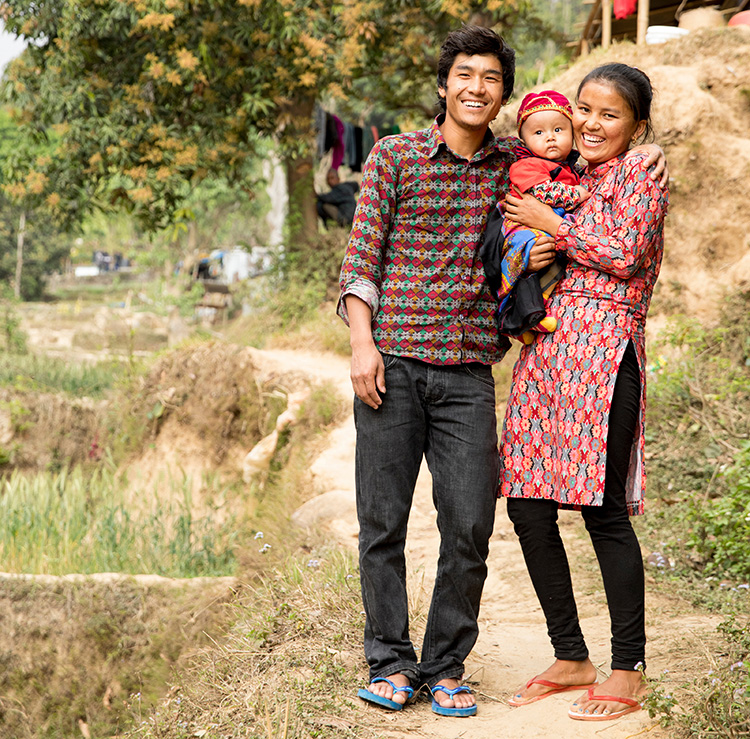Universal Health Coverage Day: Engaging all resources for high performing health care

As the world celebrates Universal Health Coverage Day, we are mindful of the role of the private sector in delivering high quality health care that is accountable, affordable, accessible, and reliable. Toward that end, SHOPS Plus supports the engagement of the private health sector in several ways and in distinct contexts.
A deeper understanding of the private health sector paves the way for engagement that supports a high performing health system. To better understand the private health sector in a country, it is important to gather information on the actors who comprise the sector, including the services they provide, and where they are located. Conducting assessments of the private health sector is a valuable first step. Following an assessment in Senegal, SHOPS Plus further defined the sector with a more detailed census.
Facilitating public-private dialogue is critical to achieve universal health coverage. Through dialogue, the public and private sectors build trust, agree on policy agendas, and identify partnership opportunities. In Madagascar, SHOPS Plus furthered UHC by supporting the development of a federation of community-based health insurance schemes in the country. Similarly in Senegal, the project convened senior government and private sector health representatives to reach an agreement resulting in a program in which private providers contracted with government-sponsored, community-led health insurance schemes.
Finally, the project supports increased recognition of the role of the private health sector by highlighting its contribution to service delivery. It does this for sick child care and family planning services. It also supports recognition by increasing the participation of private providers in national reporting systems. Without accurate representation of this sector in reporting, the quality and quantity of data to monitor progress toward global health goals is diminished. The project implements private sector reporting activities in East and West Africa. In Kenya, for example, SHOPS Plus conducted a pilot to include private pharmacies, which are important frontline sources of family planning and child health products, in data sharing through DHIS2. A pilot in Tanzania with small drug shops reporting into DHIS2 has shown their contribution to the health system as important sources of oral rehydration salts and zinc in addition to family planning products.
As momentum builds around universal health coverage, we recognize the value of including the public and private sector actors in the health system so that health care is accessible to all.
Learn more about our work in assessments, public-private engagement, and health financing.